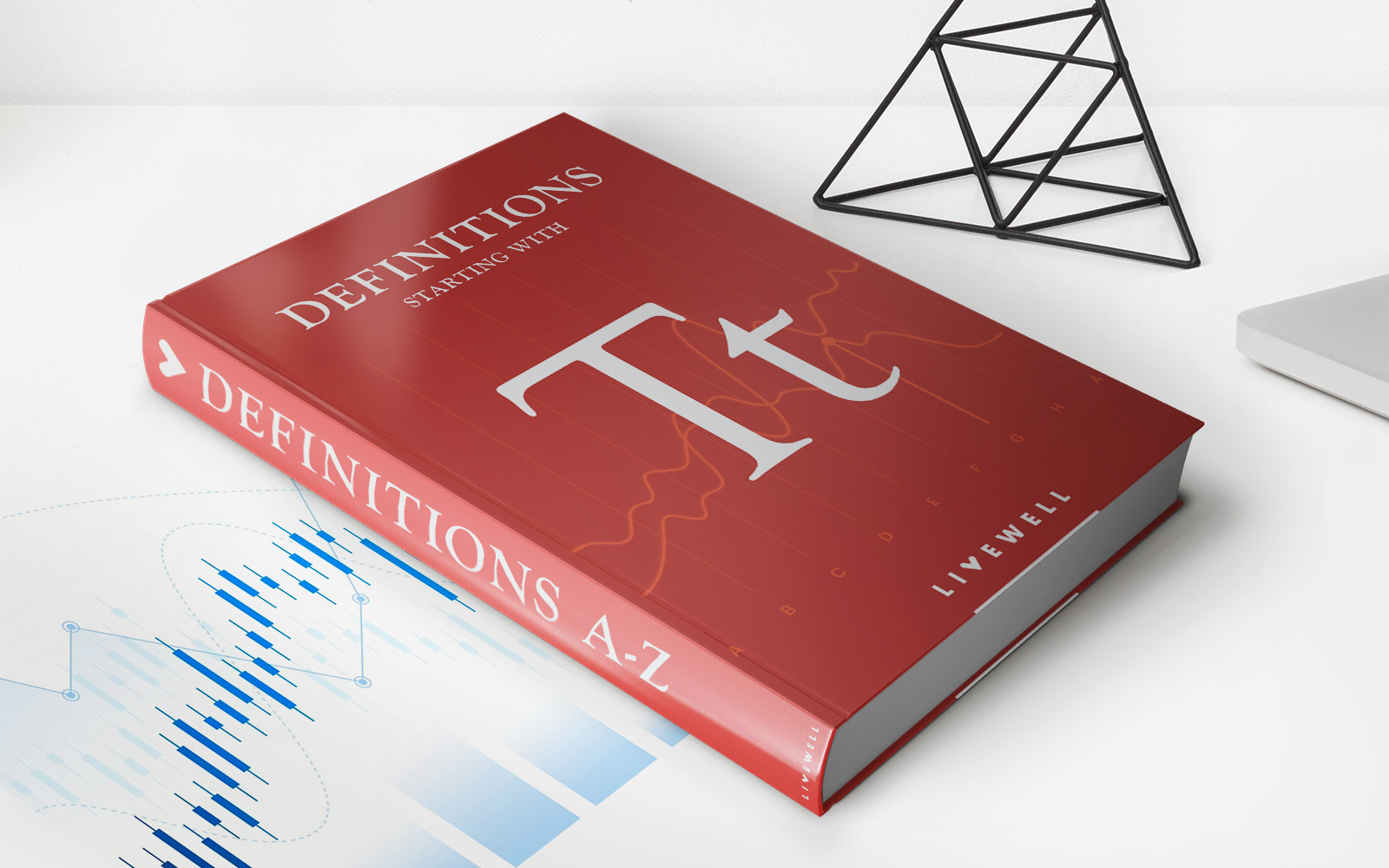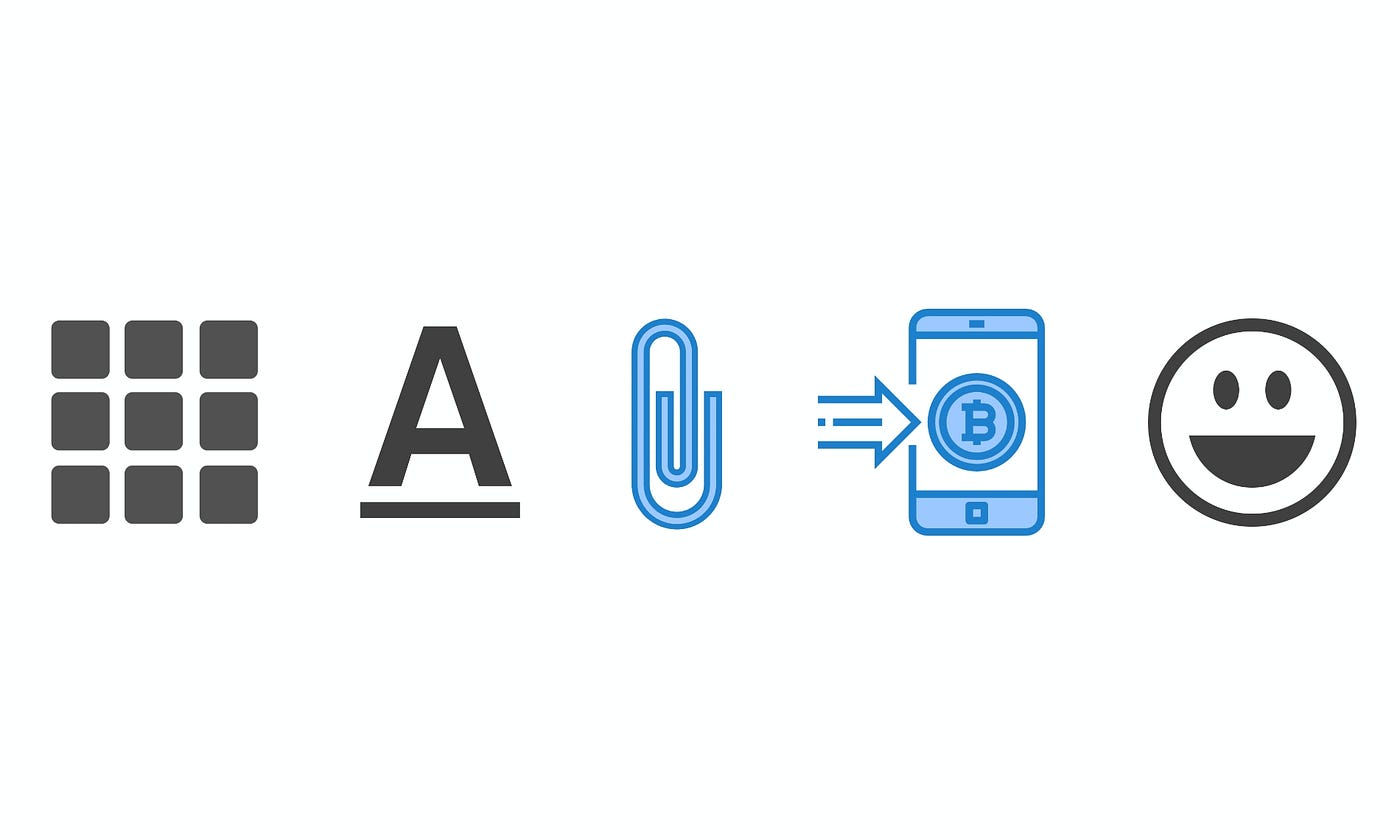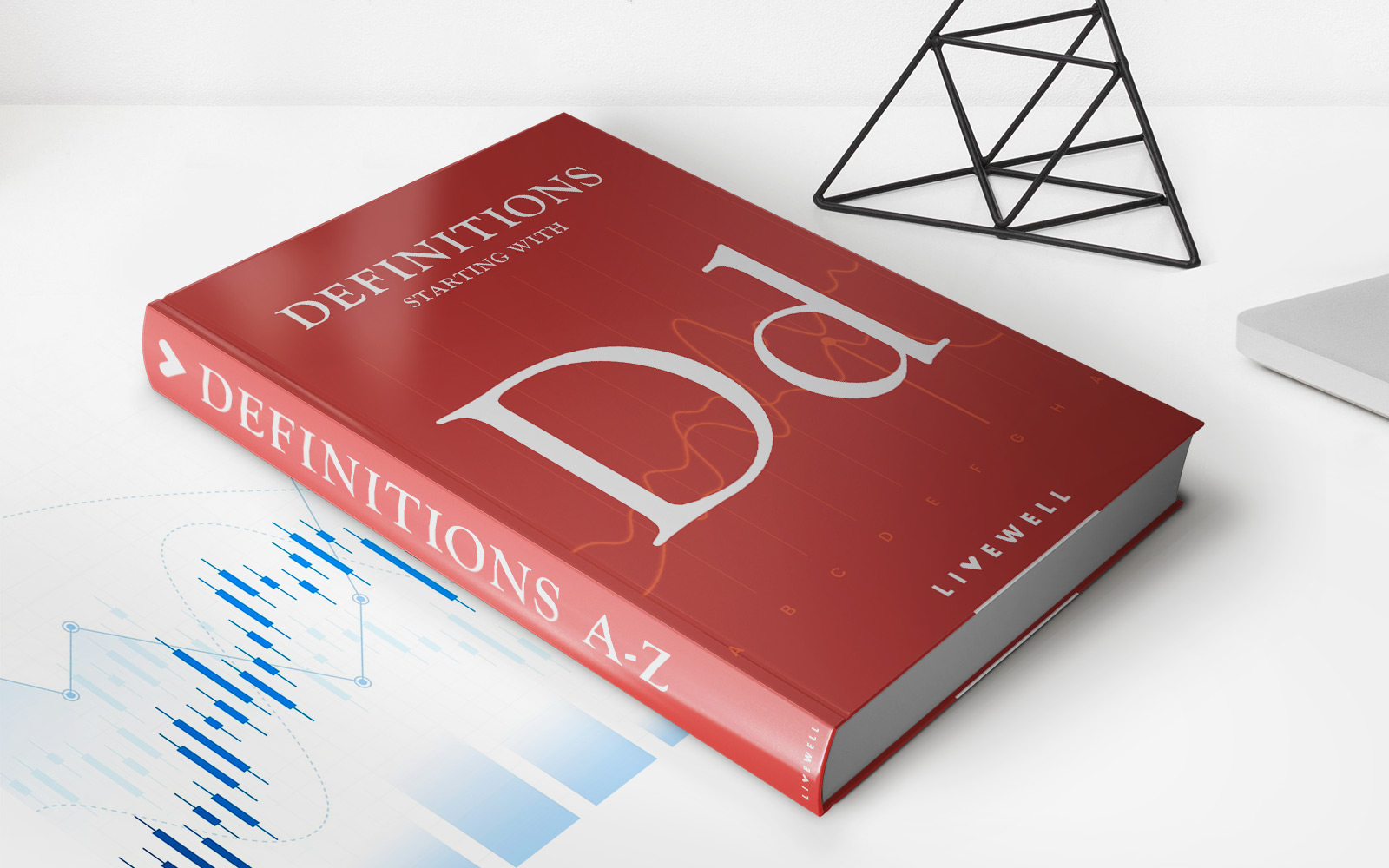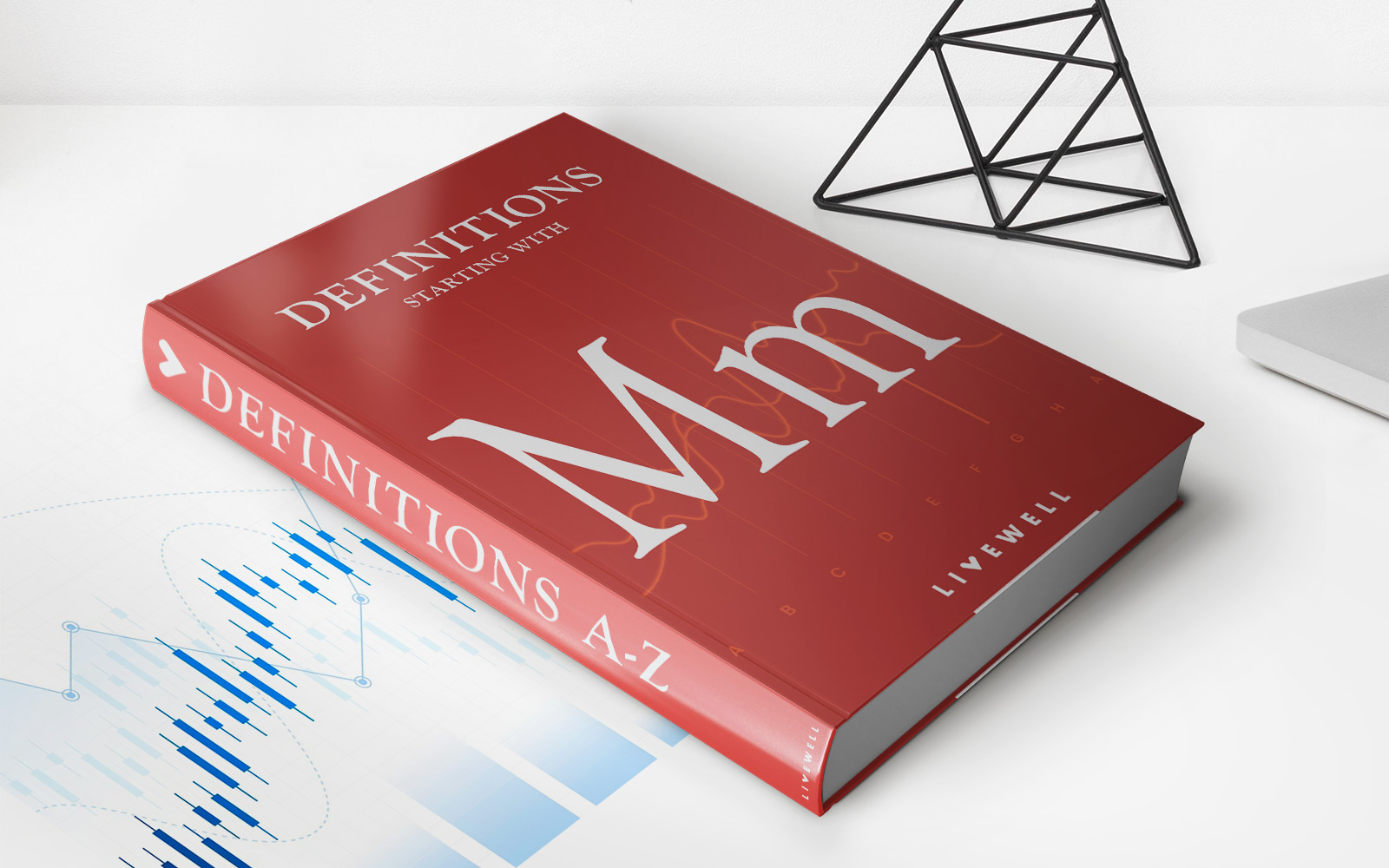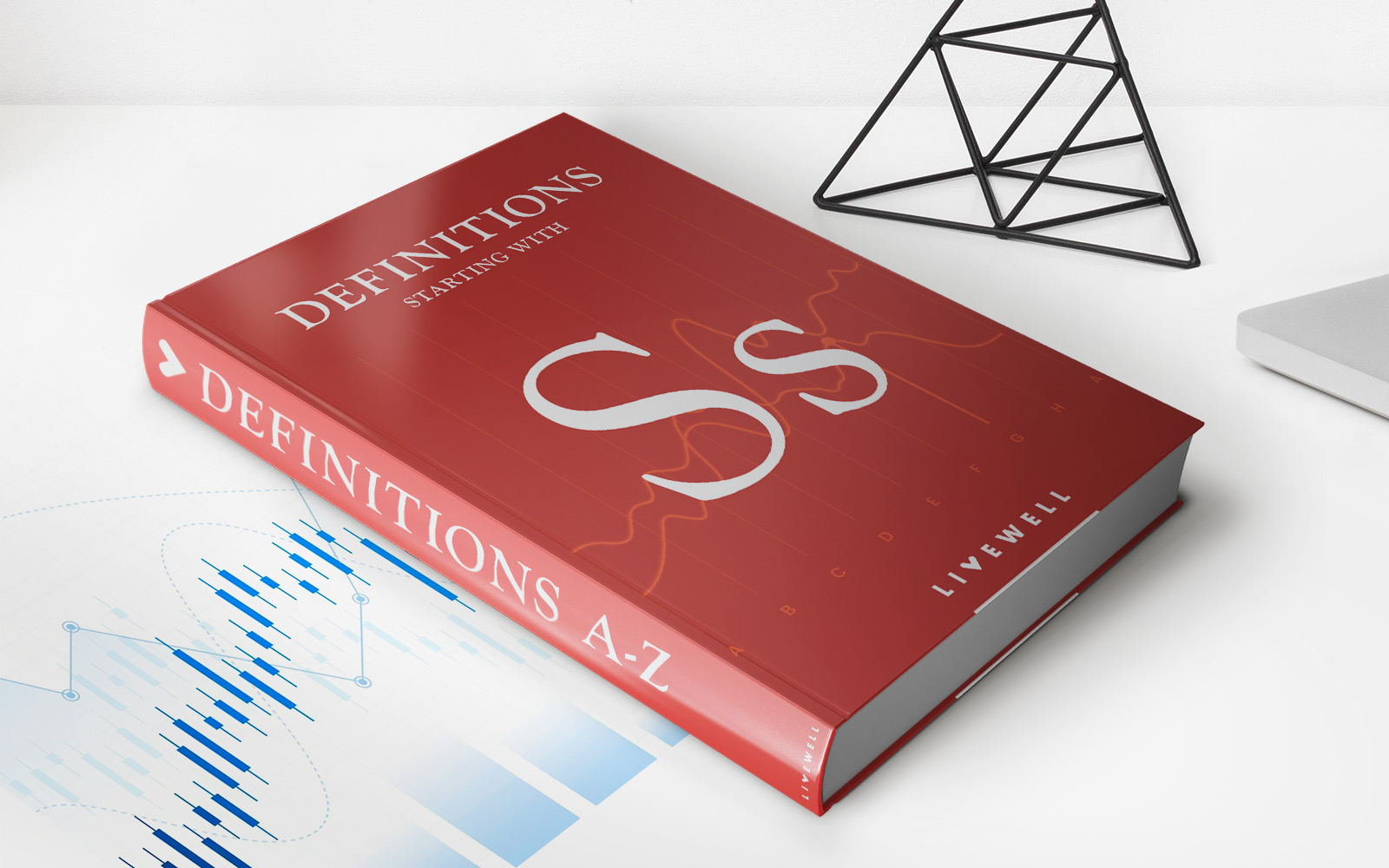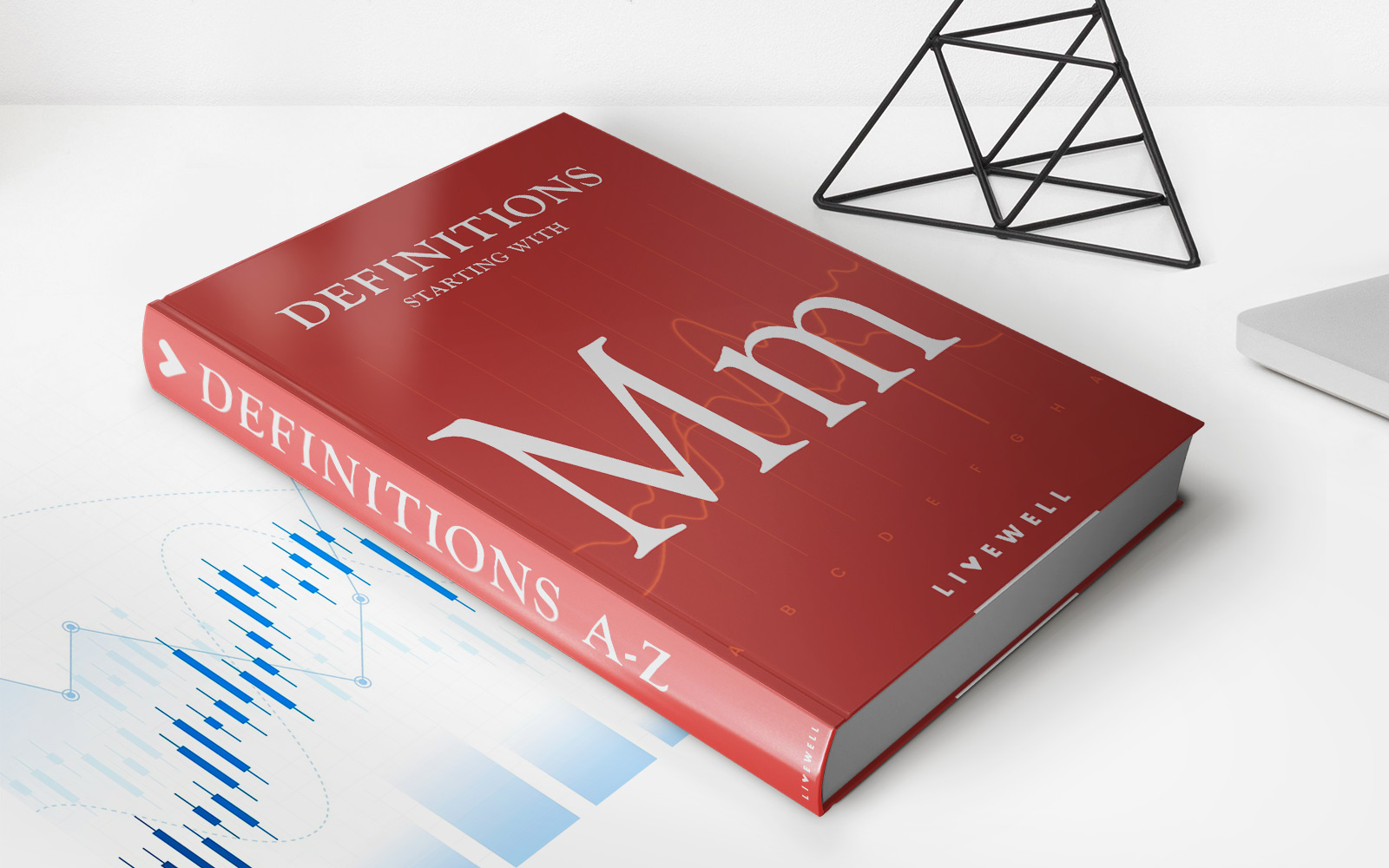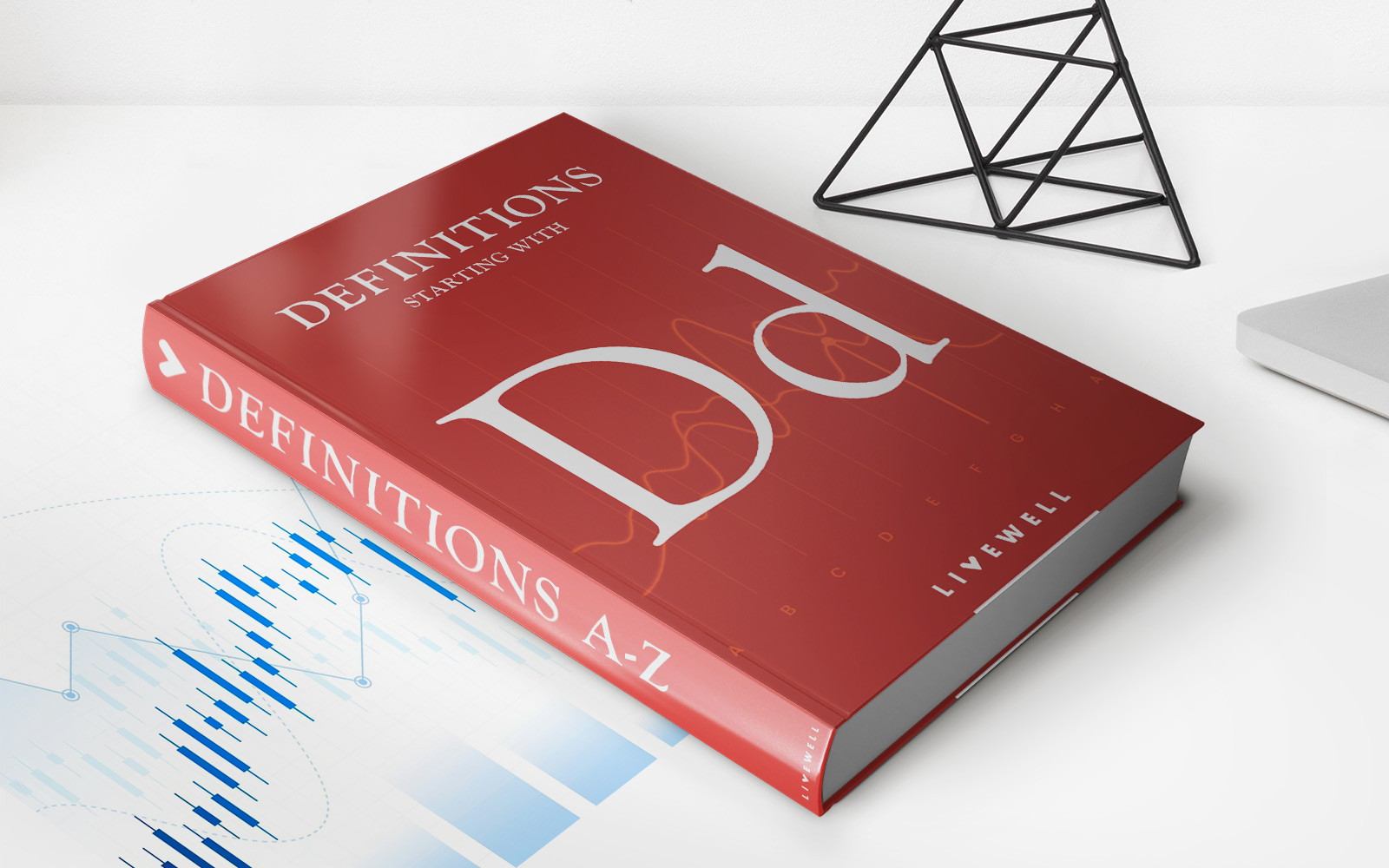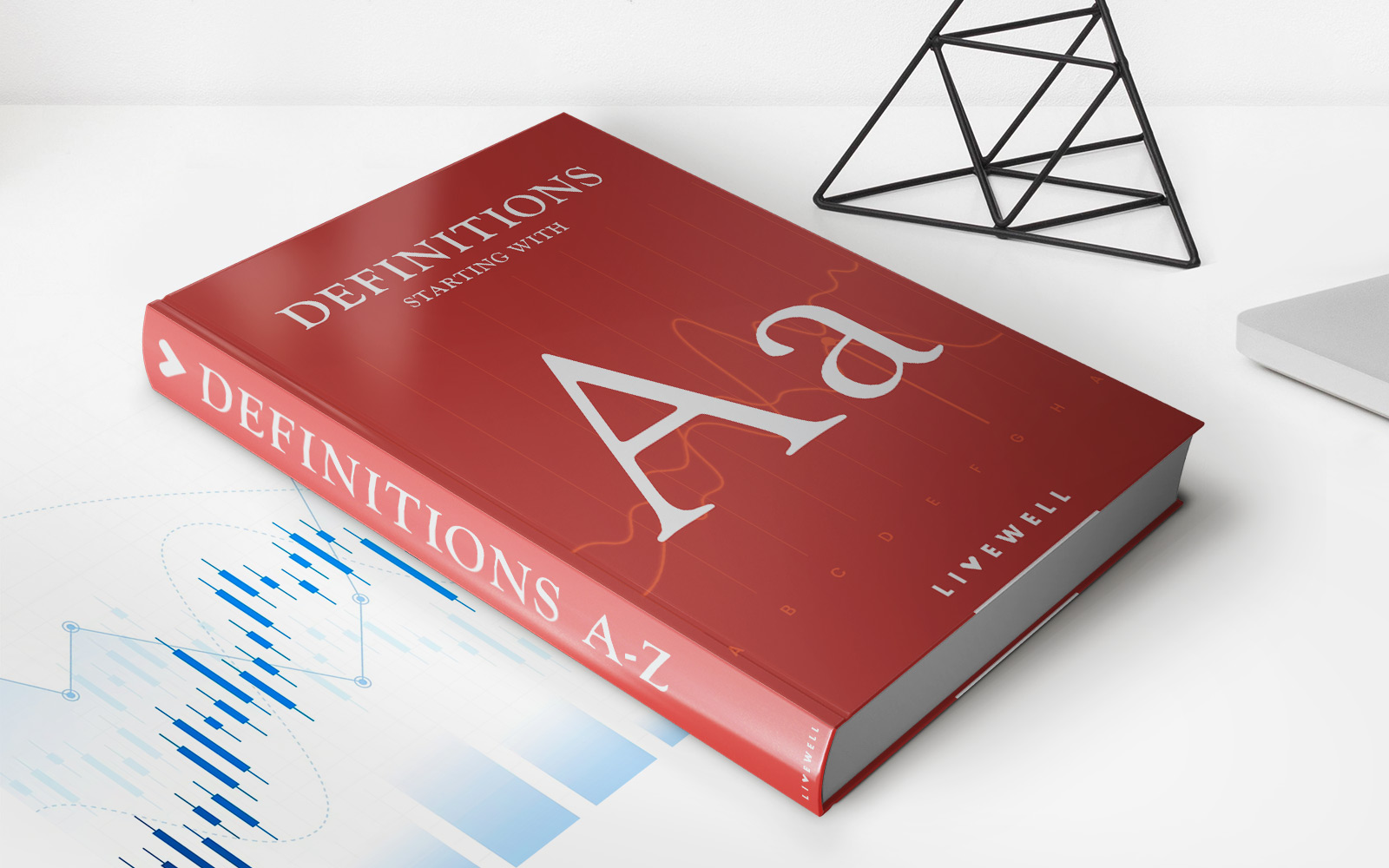Home>Finance>Due From Account: Definition, How It Works And Vs. Due To Account
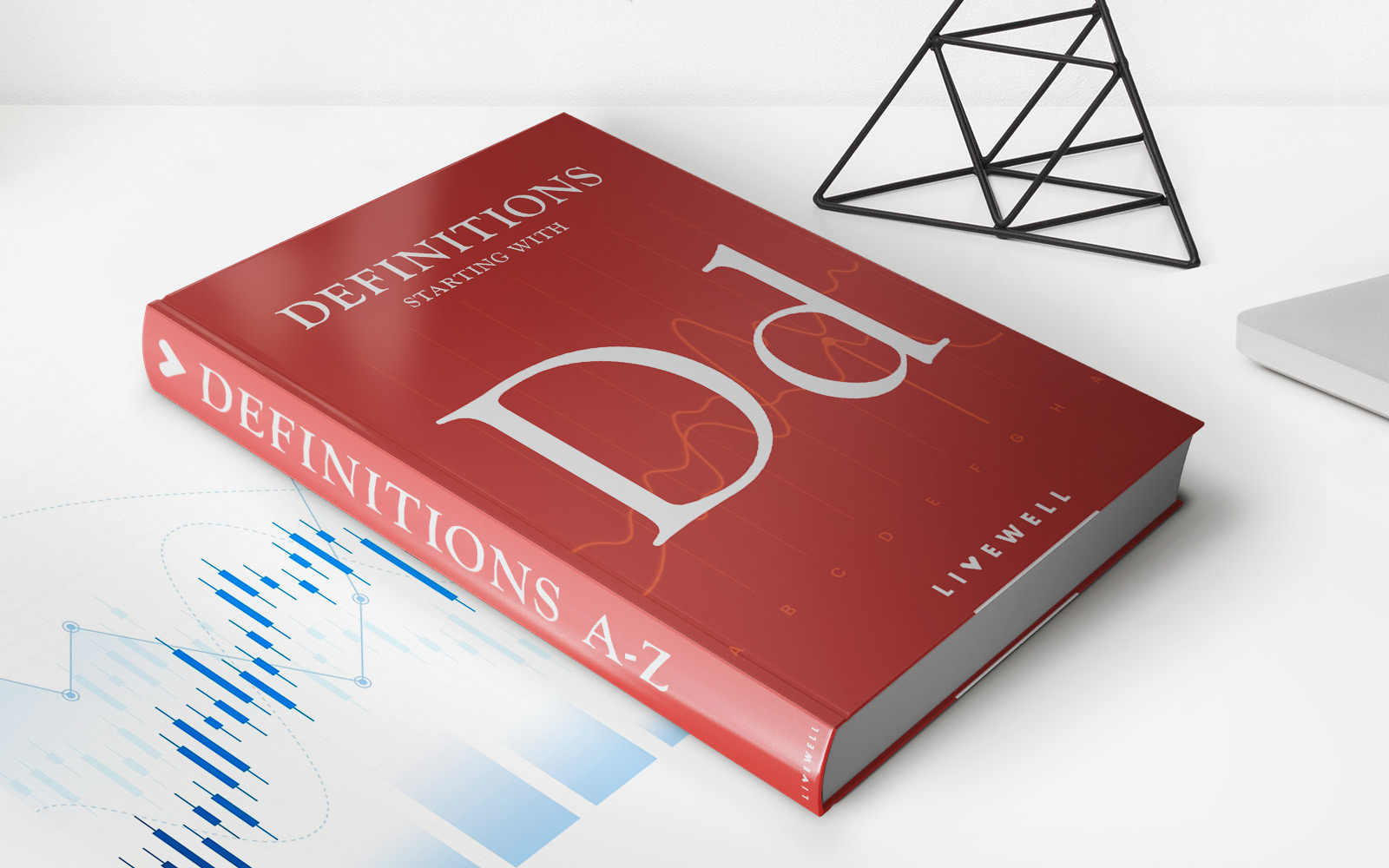

Finance
Due From Account: Definition, How It Works And Vs. Due To Account
Published: November 15, 2023
Learn the definition, working mechanism, and key differences between due from account and due to account in finance.
(Many of the links in this article redirect to a specific reviewed product. Your purchase of these products through affiliate links helps to generate commission for LiveWell, at no extra cost. Learn more)
Understanding the Due From Account: Definition, How It Works, and Vs. Due to Account
Welcome to our expert blog post on finance! Today we will be diving into an essential concept in accounting – the due from account. If you’ve ever wondered what a due from account is, how it works, and how it differs from a due to account, you’re in the right place. Let’s explore this topic together and gain a deeper understanding of its importance in financial management.
Key Takeaways:
- A due from account represents amounts owed to a company by another entity.
- It tracks the funds that are expected to be received from the debtor.
What is a Due From Account?
A due from account is an accounting term used to describe money owed to a company by another entity, usually a customer or business partner. It represents funds that have been transferred or advanced to the debtor and are expected to be repaid in the future. In simpler terms, it is an asset account that tracks the money a company is waiting to receive from its debtors.
Due from accounts are typically created when a company provides goods or services to another entity on credit. Instead of receiving immediate payment, the company records the transaction as a receivable in its books. This receivable is then tracked in the due from account until it is settled, either through cash payment or other means.
How Does a Due From Account Work?
Let’s take a closer look at how a due from account works. Imagine you run a business, and one of your clients, ABC Inc., has purchased $10,000 worth of products on credit. To keep track of this transaction, you create a due from account specifically for ABC Inc.
Whenever ABC Inc. makes a payment towards the outstanding amount, your due from account decreases. Conversely, if ABC Inc. makes additional purchases on credit, the due from account increases. When the balance in the due from account reaches zero, it means that ABC Inc. has settled its debt in full.
Due from accounts are crucial for managing the company’s cash flow and ensuring timely collections. They help businesses keep track of outstanding payments and monitor the financial health of their debtors.
Due From Account vs. Due to Account
You may be wondering, how does a due from account differ from a due to account? While they may sound similar, these two accounts serve opposite purposes:
Due From Account:
- Tracks money owed to the company by another entity.
- Records funds expected to be received in the future.
- Account type: Asset.
Due to Account:
- Tracks money owed by the company to another entity.
- Records funds expected to be paid in the future.
- Account type: Liability.
In simple terms, a due from account represents funds receivable, while a due to account represents funds payable. The due from account is an asset for the company, while the due to account is a liability.
It’s important for businesses to actively manage both due from and due to accounts to maintain a healthy financial position and ensure timely payments and collections.
In Conclusion
Understanding the concept of a due from account is essential in finance and accounting. It provides businesses with the ability to track outstanding payments and manage their cash flow effectively. By properly monitoring due from accounts, companies can maintain healthy financial relationships with their customers and partners.
We hope this blog post has shed light on the definition, working, and differences between due from and due to accounts. Remember, due from accounts represent funds receivable, and due to accounts represent funds payable. It’s crucial for businesses to have a firm grasp on these concepts to ensure their financial stability.

